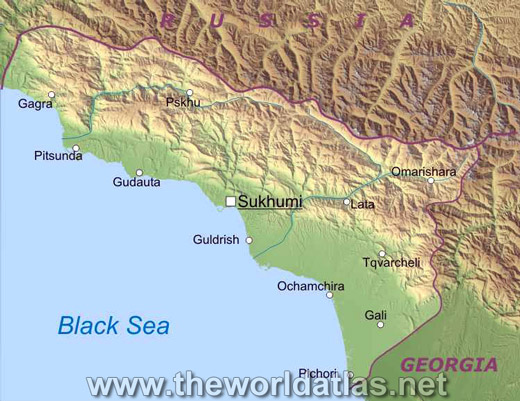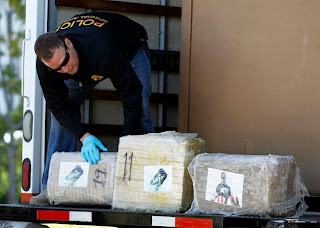Elections were held in Iraq in March and the parliament has now established a new government in the country. The eight month delay on establishing the government has provoked a higher rate of unemployment and a worsening of the services in Iraq. Nuri Kamal al-Maliki, the Iraqi Prime Minister, has not appointed the security ministry as he considers himself as the leader of security issues.
There has been a growing anger from the citizens to the Prime Minister over the years, but all the parliament members approved the 34 ministers he proposed. There was only protest from some lawmakers, mainly women, and one small party.
The new government comprises the four main blocks in Iraq. There is two Shiite, one Sunni-backed and multi-sectarian and one Kurdish. All of the groups have different agendas, which might make it difficult to bring the country forwards and resolve their problems, when the American troops will be leaving Iraq at the end of this year.
The U.S President Obama has stated that this is a “significant moment in Iraq’s history”. Furthermore, the US ambassador in Baghdad said that the establishment of a new government in Iraq was seen as a Christmas present from Iraq to Americans.
The question is, Will the US troops stay in Iraq in 2012? The US has committed to leave them in Iraq if asked, but no request has been made. This is due to the certainty by the Prime Minister that the troops should leave the country, even if the military has argued the need of some sort of “residual force”.
In my opinion, the withdraw of the US troops at the end of this year it is not clear. Furthermore, even if this is seen as a success, in my opinion the US act too quickly giving their support. We cannot forget that the establishment of this government was delayed over 8 months and imagine the dissatisfaction of all the Iraqis that risked their lives in order to vote. Nobody knows if this new government will be beneficial to the country, it is a matter of waiting. Moreover, the former Prime Minister was re-elected, And he stated that there is no need for a security ministry at the moment, as he is the head of the department by now. This is seen by many as authoritarian, and I think we should appoint the ministry.


